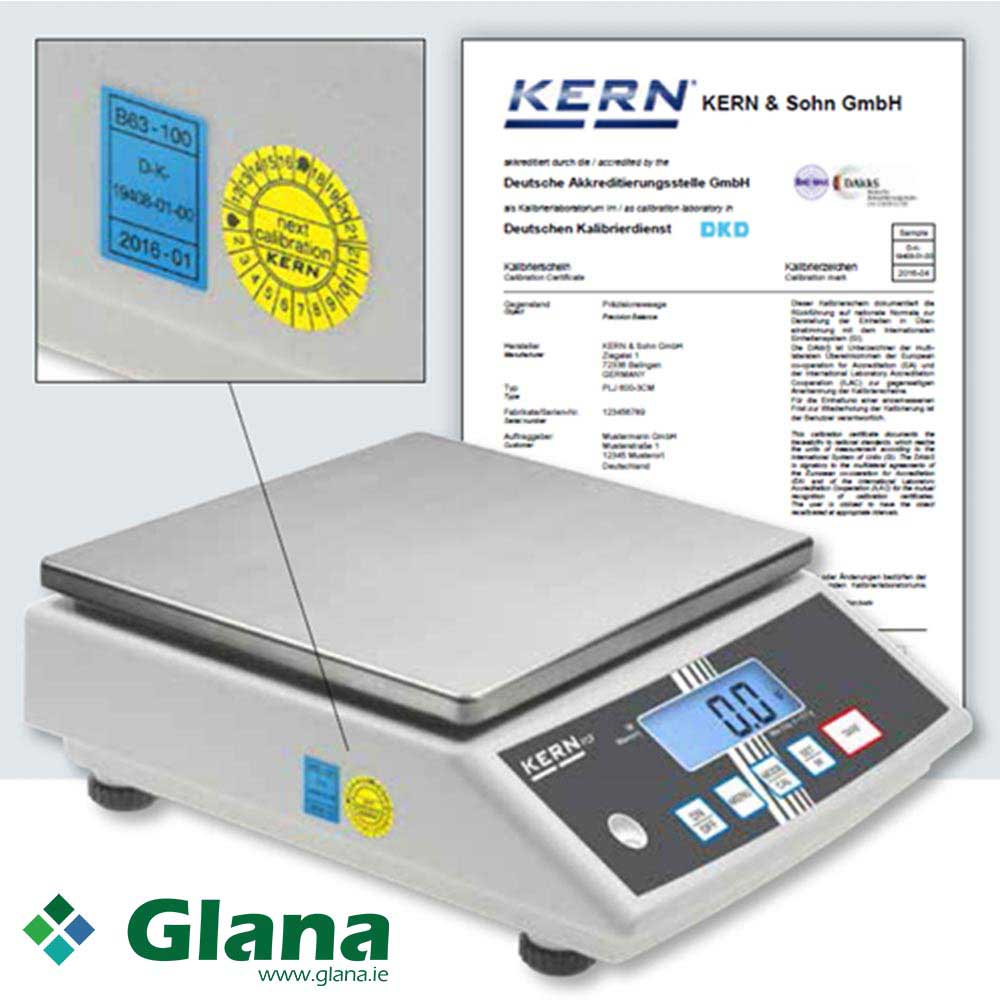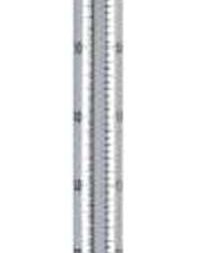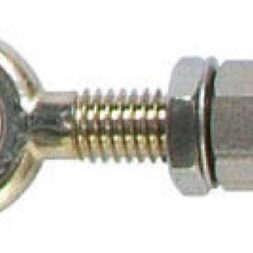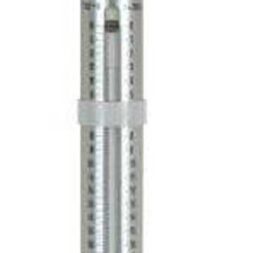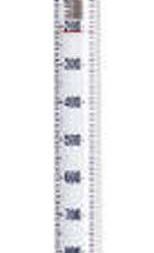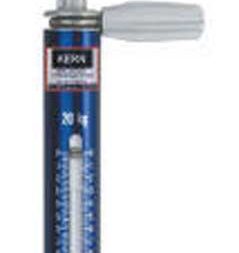DKD Certificate 963-127
[vc_row][vc_column width=”1/2″][vc_column_text]
See the product page of the item you wish to get calibrated to make sure which calibration is correct. Add the correct Calibration to your cart at time of purchase of associated product. In order to get scale/weights calibrated after time of purchase, with will be neccesary to send the item to Kern in Germany for calibration. Please Contact Us for more information.
What does calibration mean?
Determining and documenting the deviation of the display of a measuring instrument or the specified value of a test instrument from the true, actual value of the measured variable.
Calibrate gauges
“Proper” measurement is of fundamental importance, because inaccurate or “wrong” measurements can often lead to cost-intensive economic consequences. The calibration or determination of the accuracy of test equipment is performed worldwide by accredited laboratories according to the standard DIN EN ISO / IEC 17025.
By maintaining the highest quality standards, the European Co-operation for Accreditation (EA) and the International Laboratory Accreditation Cooperation (ILAC) are internationally active. In Germany this is the DAkkS (German accreditation body).
When to choose DAkkS calibration?
A DAkkS calibration is always necessary if a test equipment is used in a QM process (eg according to ISO 9000ff, TS 16949, VDA, FDA, GLP, GMP, etc.). The operator regulates the use of the test equipment and the periodic recalibration periods themselves. DAkkS calibration certificates are internationally recognized.
German Accreditation Body (DAkkS)
The German Accreditation Service (DAkkS) is the successor of the German Calibration Service (DKD) in the field of accreditation. On the basis of EC Regulation No. 765/2008, the accreditation body of the German Calibration Service (DKD) was transferred to the German Accreditation Body GmbH (DAkkS) with effect from 17.12.2009. It forms the department of metrology in the DAkkS. In terms of metrology, there is no difference to the earlier DKD calibration. DKD calibration certificates remain valid.
[/vc_column_text][/vc_column][vc_column width=”1/2″][vc_column_text]
Who needs a DAkkS calibration certificate?
Every company with a quality management system is obligated within the framework of normative requirements in the area of test equipment monitoring of its measuring equipment to check its measuring equipment at regular intervals and to document this. You fulfill this obligation with a DAkkS calibration certificate.
The KERN Calibration Laboratory
(DK-19408-01-00)
KERN owns a highly automated DAkkS laboratory with accreditation according to DIN EN ISO / IEC 17025 in the field of scales, test weights and force. State-of-the-art calibration technology with high-end automatic calibrators in fully air-conditioned laboratories not only reduces the measurement uncertainty and throughput time to a minimum, but also improves the quality and quality of the calibrations. As an accredited and certified calibration service provider with decades of experience, KERN offers a comprehensive range of services that leaves nothing to be desired.
Calibrate and Oak
The calibration is the determination of the accuracy worldwide by accredited according to DIN EN ISO / IEC 17025 laboratory. Return to internationally recognized standards. The DAkkS calibration certificate confirms the metrological properties of the test equipment as well as the general requirements of test equipment monitoring.
The calibration is the test for calibration error limits (tolerances). National regulations apply – for the protection of the consumer. The placing on the market is subject to EU directives. The subsequent market surveillance is regulated nationally, in Germany by the MessEG and MessEV.
Calibration and verification
Calibration means the determination of accuracy worldwide by a laboratory which is accredited to DIN EN ISO/IEC 17025. Traceability to internationally recognised standards. The DAkkS calibration certificate confirms both the metrological characteristics of the checking equipment and the general requirements for the monitoring of checking equipment.
Verification means testing to verification error limits to protect the consumer. When introducing balances and weights onto the market, they are subject to EU directives. The subsequent monitoring of the market is regulated at a national level, in Germany through the MessEG (Weights and Measures Act) and MessEV (Verification ordinance).
[/vc_column_text][/vc_column][vc_column width=”1/2″][vc_column_text]

